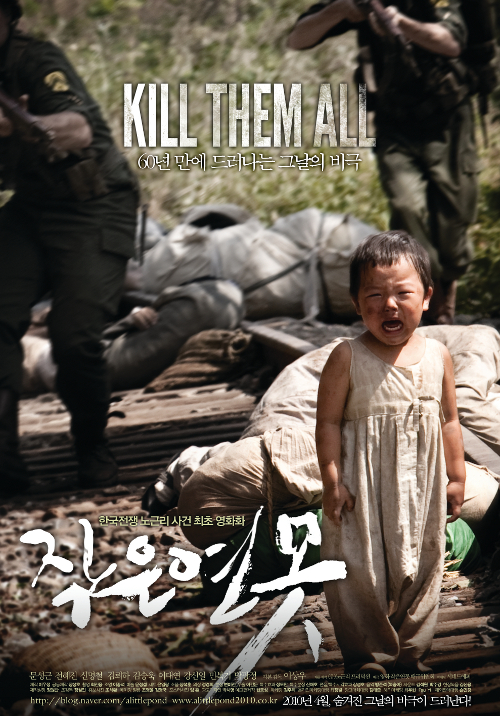By Joseph Juhn
Impunity Watch Desk Reporter, Asia

Reports say the Vietnamese government has intensified its repression of Christians (Photo courtesy of the Associated Press)
HANOI, Vietnam – Vietnam has increased repression of minority Christians, according to Human Rights Watch (HRW) reports released on Thursday. Some of the signs of repression includes, but is not limited to, closing small informal churches, compelling collective renunciations of faith, arresting worshipers, torturing and preventing them to seek asylum abroad.
In Vietnam, all religious groups are required to register with the government according to its law.
Vietnam’s indigenous minority Christian community located in the country’s Central highland provinces, known as the Montagnards or “Dega Protestants”, is unregistered and outside the control of the official Southern Evangelical Church of Vietnam.
The Vietnamese government doubts that these Dega Protestants are a legitimate religious group but rather a politically motivated group fighting for a Montagnard independence movement.
The Montagnards, however, are claiming their legitimacy and press for religious freedom and land rights, prompting the government crackdown, according to a report by the US-based HRW.
‘In recent months, the Vietnamese government has increased its harassment of peaceful ethnic minority Christians in the Central Highlands, targeting members of unregistered house churches,’ the report said.
In some instances, police officers destroy the churches of unauthorized groups and detain or imprison the members of church on charges of violating national security. There have been reports of torture by these church members. One man who was sentenced to five years in prison described how the police beat him in the face.
“Blood came out of my ears and my nose. I went crazy from this. It was so painful, and also the build-up made me very afraid and tense,” he said.
This unidentified man remains partially deaf as a result of the beating, while other prisoners and detainees also express similar experiences of torture.
Phil Robertson, HRW’s deputy Asia director based in New York, called for immediate recognition of these independent religious groups by the Vietnamese government to allow them to practice their beliefs.
“Montagnards face harsh persecution in Vietnam, particularly those who worship in independent house churches, because the authorities don’t tolerate religious activity outside their sight or control,” he said.
“The Vietnamese government has been steadily tightening the screws on independent Montagnard religious groups, claiming they are using religion to incite unrest.”
He added: “Freedom of religion does not mean freedom for state-sanctioned religions only.”
For more information, please see:
Christian Today – Human Rights Watch condemns repression of Christians in Vietnam – 31 March 2011
Straights Times – Vietnam steps up repression of Christian group – 31 March 2011
The New York Times – Vietnam Persecutes Christian Minority, Report Says – 31 March 2011


